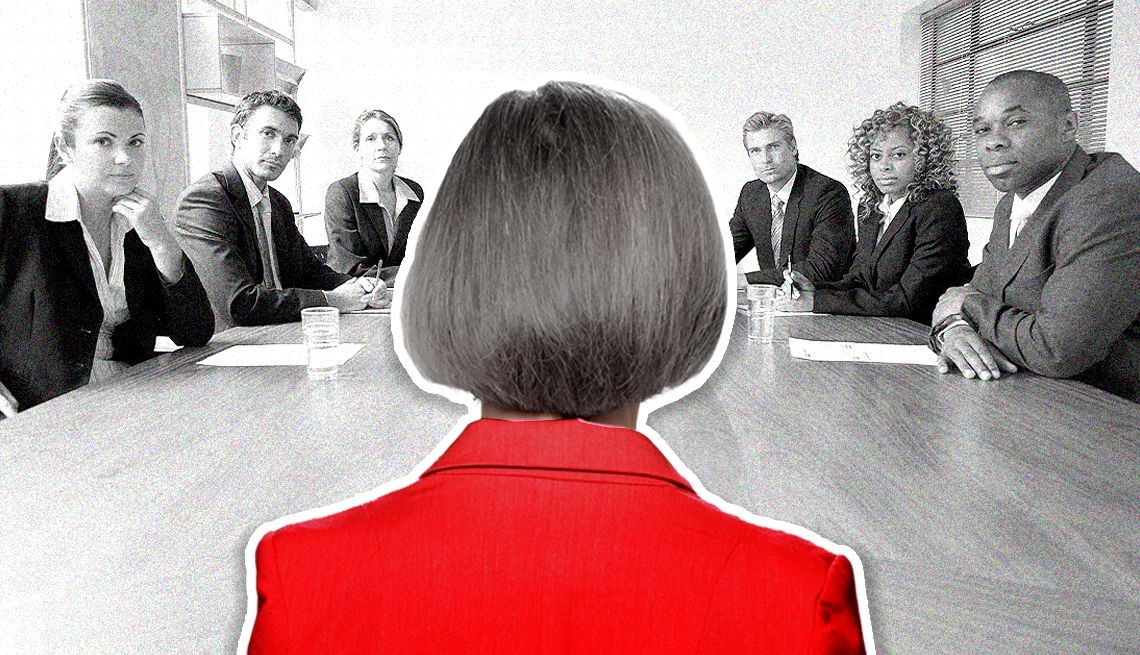AARP Hearing Center


If you’ve ever thought companies aren’t responding to your job application because they think you’re too old, you may be right.
The nonprofit Transamerica Institute surveyed a nationally representative sample of 1,873 employers late last year to see what types of retirement benefits they offer, along with other business practices that affect older workers. When asked at what age could a person be “too old” to hire, 56 percent said “it depends on the person” and 9 percent said they were “not sure.”
But the rest of the respondents — 35 percent of employers — thought there was a specific age when applicants were too old for the job. The median age employers offered as “too old” was 58. Additionally, when asked at what age someone would be considered “too old” to work, 35 percent of employers picked 62 years old as the median age.
“That is a complete missed opportunity for employers, and it really shapes the challenges in issues that workers are facing looking to extend their working lives and work longer and retire at an older age,” says Catherine Collinson, CEO and president of the Transamerica Institute. “It underscores the challenges that older job seekers face in finding new work.”
“AARP believes all ages bring something to their employers, and older workers are no exception,” says Heather Tinsley-Fix, senior adviser for AARP’s Employer Pledge Program. “Experienced workers bring a wealth of valuable human skills such as critical thinking, problem-solving and communication, as well as high levels of engagement, motivation and professionalism — and these qualities don’t have an expiration date. Smart employers know that older workers are a valuable part of a multigenerational labor force.”
The responses from employers offer a troubling glance at the difficulties that many older adults confront as they try to work later in life, for financial and personal reasons. According to U.S. Bureau of Labor Statistics projections, more and more people age 75 and older are staying in or rejoining the workforce, and 11.7 percent of them are expected to be in the workforce by 2030. But that growth is possible only if employers are willing to hire older adults.































































More From AARP
Does Age Matter When Looking for Jobs? Most Boomers Say Yes
Oldest and youngest workers share concerns about bias
Age Bias in Job Postings Hurts Older Workers, Study Finds
Stereotypes and subtle phrases can keep workers from applying for jobs they could fill
Age Bias in Hiring Hurts Midcareer Workers Worldwide
Many recruiters perceive younger candidates as better fit, international survey finds
Recommended for You